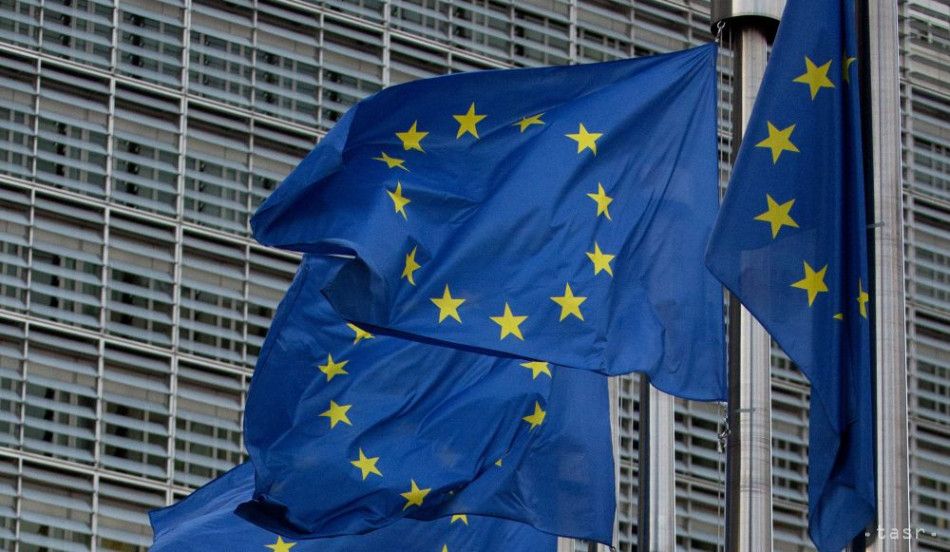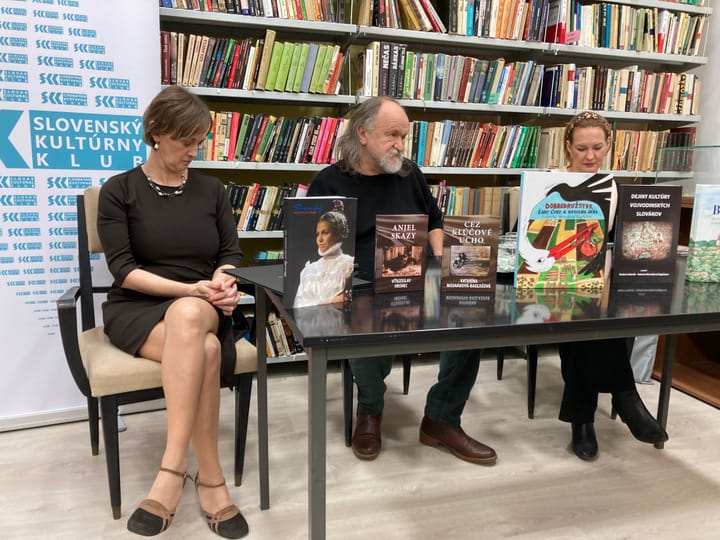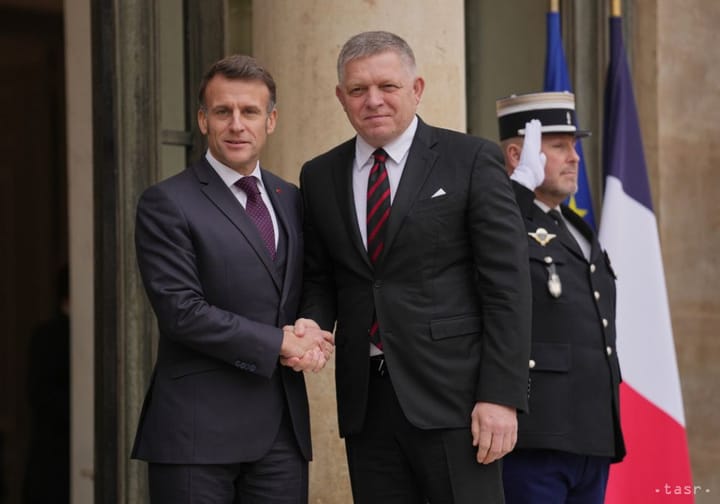CoFoE: Second Panel Concerned with Powers of European Parliament

Bratislava, January 29 (TASR) – Participants in the second panel discussion of the Conference on the Future of Europe discussed the legal powers of the European Parliament and its influence on the perception of the EU by the citizens of the individual member states.
Parliamentary European affairs committee chair Vladimira Marcinkova (Freedom and Solidarity/SaS caucus) noticed the frequent contradictions in the views of citizens on the EU as shown by public opinion surveys: “We’re always hearing narratives about EU diktats, but people also ask for the EU to engage more in improving the quality of people’s lives. This contradiction is associated with inadequate information,” said Marcinkova, adding that politicians, who care for the good of Slovakia have a duty to improve the provision of information.
Slovak MEP Miriam Lexmann sees the problem in the fact that the EP frequently concerns itself with issues on which it has no power, and this happens at the expense of European unity on questions of security and the economy. The resulting disagreements then lead to worsening of diplomatic relations “to the disadvantage of us all,” she added.
As an example, she mentioned the discussions on the limitation of access to abortion in Poland, the rule of law in Hungary or gender equality. In Lexmann’s view, these themes are important, but they have to be decided by the citizens of the members states, not by the European Parliament, which does not have authority in these areas.
“When we solve them from the point of view of the EU, we intervene in the cultural and perhaps also in the legislative affairs of these member states, and that brings nothing good,” said Lexmann.
Marcinkova does not share this view. She observed that: “Cultural and ethical views are to a large extent a matter of world view”. On the other hand, “when we begin to deal with human rights, for example, with women’s rights and similar issues, we can’t have different view on basic human rights,” said Marcinkova.
“If the EU sees that such rights are violated, it’s right that they are guaranteed by a supra-national body that can and must defend them,” explained Marcinkova, adding that this was the purpose of forming the European Union.



